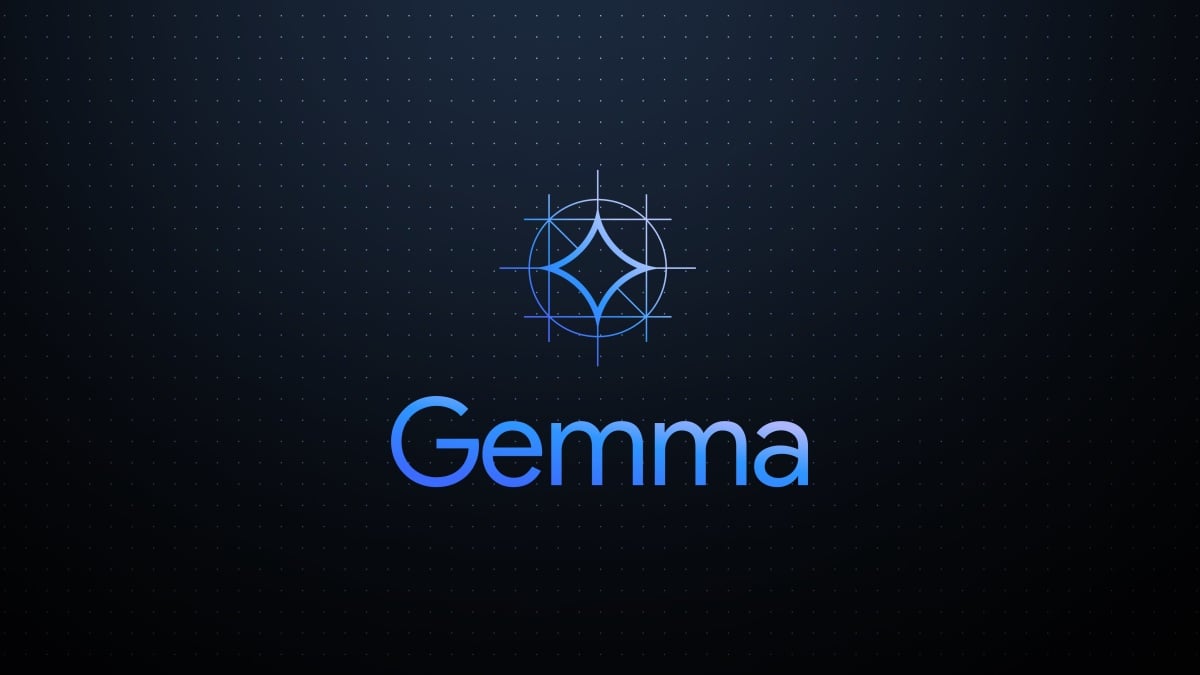Meet Gemma, the open-source AI model developed by Google.
Google recently introduced a new series of models aimed at supporting developers and researchers in creating AI ethically. Gemma is constructed using the research and technology behind Gemini, Google’s proprietary models that drive the Gemini chatbot (previously known as Bard) and AI tools for Workspace (formerly referred to as Duet AI).
Can Gemma propel Google to the forefront of the AI competition?
The rivalry in the AI realm between Google and OpenAI remains intense in 2024, with OpenAI currently holding a slight advantage. Google frequently unveils new features or updates, only to be overshadowed by OpenAI’s subsequent releases. For instance, Google introduced Gemini in December, swiftly followed by OpenAI launching GPT stores. Google then announced an update to Gemini named “Gemini 1.5,” but this was promptly outshone by OpenAI’s introduction of the AI video generator, Sora.
One notable distinction is that OpenAI has yet to offer open-source variants of its models, as transparency is not its forte. While Google has not fully disclosed the training process of its AI models, Gemma was created with the vision of “democratizing AI for all,” as stated in the announcement.
Gemma is available in two model variants: Gemma 2B and Gemma 7B. Both versions come pre-trained and offer fine-tuned variations that can operate on a developer’s laptop or desktop with CPU or GPU, as well as on Google Cloud with GPU and TPU acceleration. Unlike Gemini, which supports multiple modes, Gemma is focused solely on text-to-text functionality. Google asserts that Gemma outperforms significantly larger models on crucial benchmarks while upholding stringent standards for safe and responsible outputs. (Please note that the technical paper was not accessible to us at the time of publication.)
Regarding safety and accountability, Gemma is pre-programmed to filter out personal and sensitive data. It underwent reinforcement learning from human feedback (RLHF) for alignment and underwent manual red-teaming and adversarial testing to identify potential risks.
In addition to Gemma, Google is launching a new Responsible Generative AI Toolkit, featuring safety classification, debugging tools, and best practices for developing Large Language Models (LLMs).
Gemma is freely accessible on platforms such as Kaggle and Colab, as well as through Hugging Face, MaxText, and Nvidia NeMo. Furthermore, first-time users of Google Cloud are eligible for $300 in credits.










